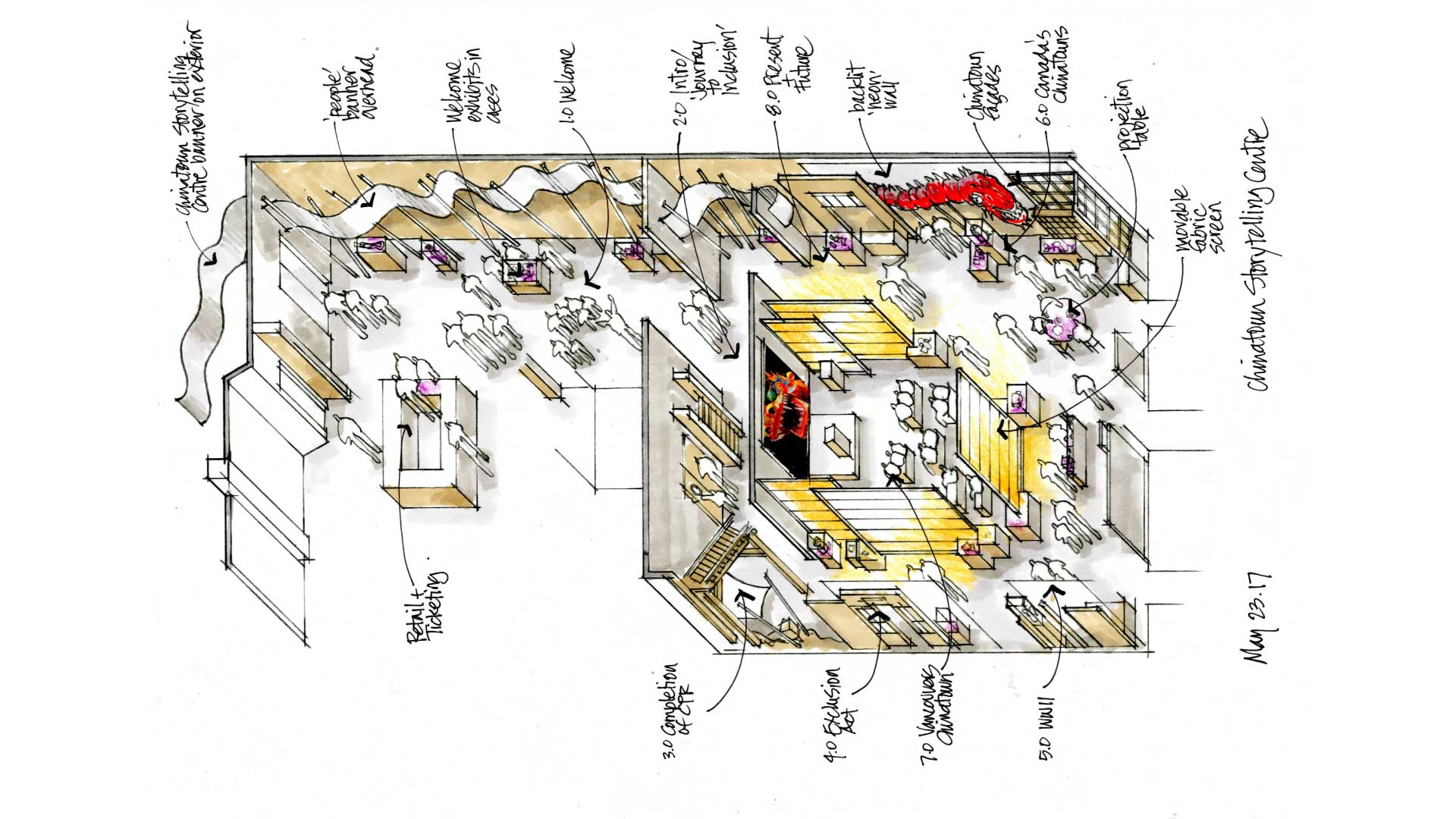

Our hero finds himself involved in one of their investigations and begins moving up the hierarchy of possible roles available to Generic Asian Man. “Black & White” itself is a riff on police procedurals that I found to be laugh-out-loud funny, with the smoldering looks between the leads (one white and one black, naturally) and the detached way the two of them handle every pivotal scene. He is what the show expects him to be every moment of the day, and it’s a feeling to which I think many people can relate, no matter the Generic subcategory in which they find themselves.īut Willis speaks to the Asian-American experience directly, and to his relegation to the background of the ongoing production. Our hero is Willis Wu, who plays Generic Asian Man in a nonstop production of a cop show called “Black & White.” It's a neat trick Yu pulls off here to have the show perpetually filming so that Willis is always performing his assigned role.

In these blocks of prose, Interior Chinatown reveals itself to be a stunning novel about identity, race, societal expectations, and crippling anxiety told with humor and affection and a deep understanding of human nature. Rampant scene headings, one of which gives us our book’s title.īut it’s in the action where things are different. If you read Charles Yu's Interior Chinatown (and I strongly suggest you do), you’ll find that it kind of looks like a script. That they aren't made for casual reading.

There's surely a lesson to be learned about being too honest in a job interview, but it also reveals something I have heard many times about reading scripts.


 0 kommentar(er)
0 kommentar(er)
